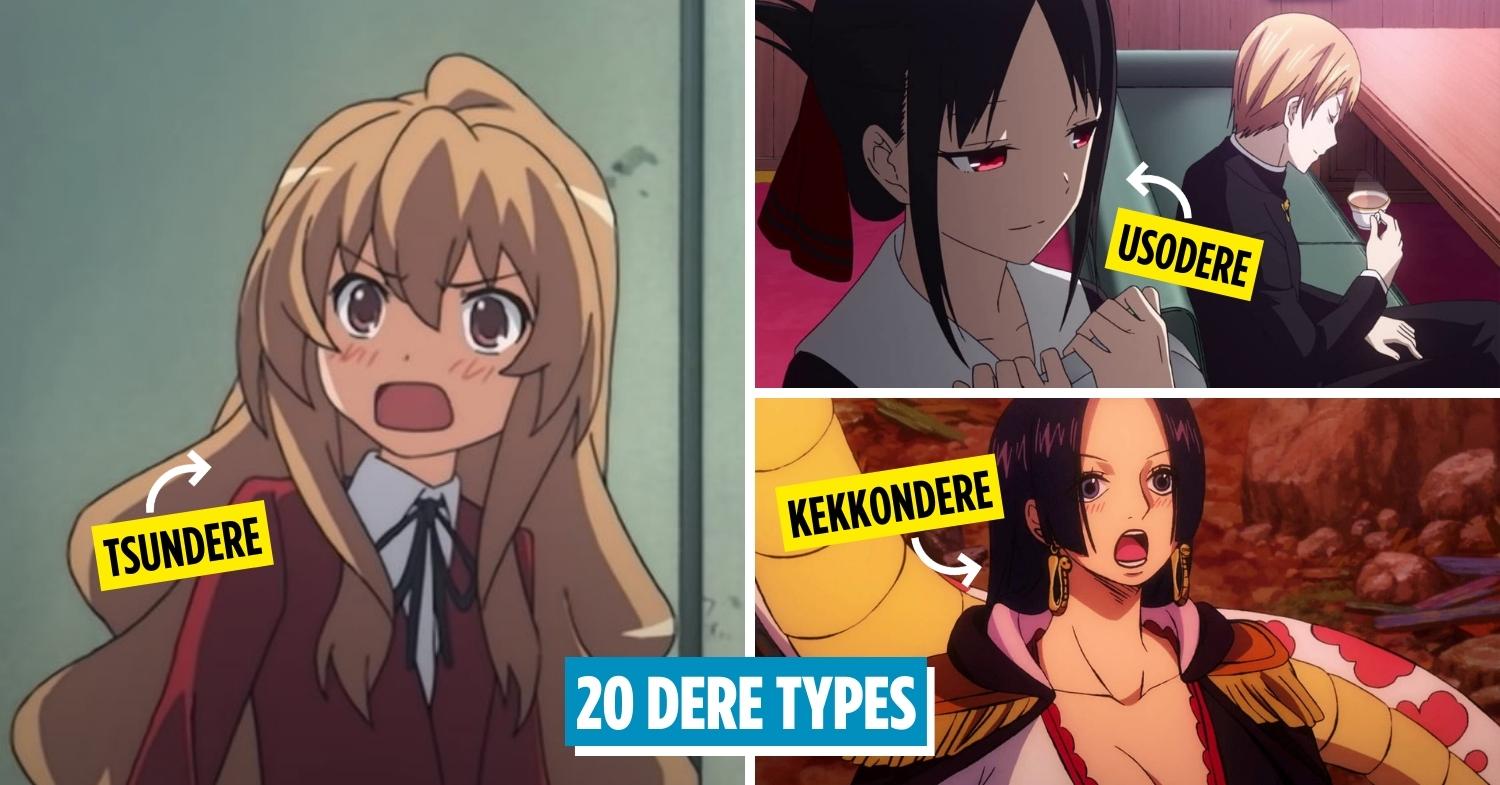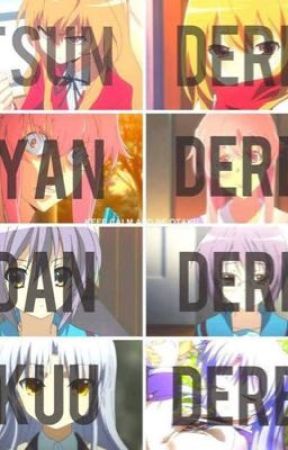Unraveling "Dere Dere": The Heart Of Anime's Most Beloved Character Types
What Exactly Does "Dere Dere" Mean?
At its core, "deredere" translates roughly to "lovestruck" or "lovey-dovey" in English. It's a noun that signifies "having a crush on someone" or "being in love with someone." The word itself evokes a sense of being overly affectionate, sweet, and openly expressive of one's romantic feelings. When a character is described as "deredere," it suggests an uninhibited display of affection and adoration. Beyond just being lovestruck, "deredere" can also imply a certain laxness in expression, attitude, and posture, almost a "spineless" devotion or a constant state of flirting. This broader sense hints at someone who is so consumed by their affection that their usual composure might slacken, leading to a more relaxed and overtly romantic demeanor. The beauty of "deredere" lies in its simplicity and directness. It describes a character who is purely love-struck, without any other conflicting personality traits mixed in. This pure, unadulterated affection is what forms the foundation for many other beloved character types.The Pure "Deredere" Archetype: Openly Affectionate and Sweet
While "dere" is often a suffix used in combination with other terms (which we'll explore shortly), "Deredere" itself is a distinct character archetype. A character that is a Deredere is a very sweet and energetic person whose entire character archetype centers on their love for a single character. They are openly love-struck, continuously sweet, flirtatious, and affectionate towards their love interest. These characters do not hide their feelings; in fact, they embrace them wholeheartedly. You'll often see this manifest in anime as a character blushing frequently, constantly seeking out their love interest, showering them with compliments, and generally being in a state of blissful adoration. They are typically cheerful, optimistic, and their affection is unwavering. There's no emotional wall to break down, no hidden feelings to uncover – what you see is what you get: pure, unadulterated love. The Deredere archetype is beloved because it represents an ideal of unconditional love and acceptance. They are often the emotional anchor in a story, providing warmth and light.Beyond Deredere: The "Dere" Family Tree
The term "dere" truly gained widespread popularity as a suffix, combining with other Japanese words to create a spectrum of personality types. These "Dere Types" describe how different characters show their "deredere" side towards their love interest, and how they react differently before and after falling in love, or how their affection interacts with other dominant personality traits. You've undoubtedly come across terms like "Tsundere," "Yandere," and "Kuudere." Each of these takes the core "dere" meaning and twists it with another characteristic, creating complex and often contradictory personalities that make for compelling storytelling. Let's explore some of the most prominent members of the "dere" family: * **Tsundere (ツンデレ):** This is perhaps the most famous "dere" type. It combines "tsun" (ツン), meaning "cold, blunt, or aloof," with "dere." A Tsundere character acts harsh, irritable, or indifferent on the outside, often hiding their genuine warm and affectionate feelings. They might say "It's not like I like you or anything!" while secretly blushing or doing something kind. * **Kuudere (クーデレ):** Derived from "kuu" (クール), a Japanese loanword for "cool," and "dere." Kuudere characters are typically emotionless, calm, and collected on the surface. They rarely show their feelings, but when they do, it's a profound and genuine display of their "deredere" side. Their affection is subtle but deeply felt. * **Dandere (ダンデレ):** This type comes from "danmari" (黙り), meaning "silence" or "taciturn," and "dere." Dandere characters are shy, quiet, and often withdrawn. They struggle with social interactions, especially around their love interest. However, once they open up and become comfortable, their "deredere" side shines through, revealing a sweet and affectionate personality. * **Yandere (ヤンデレ):** A more extreme and often dangerous type, "Yandere" combines "yan" (病ん), from "yanderu" (病んでる), meaning "mentally ill" or "sick," with "dere." While initially sweet and loving, a Yandere's affection can quickly turn into obsessive, possessive, and even violent behavior if they perceive a threat to their relationship or love interest. * **Inudere (犬デレ):** This charming type comes from "inu" (犬), which means "dog," and "deredere." As the name suggests, Inudere characters are dog-like in their devotion and affection. They are loyal, energetic, eager to please, and openly demonstrative of their love, much like a faithful canine companion. * **S Dere (Sデレ):** A less common but intriguing type, "S Dere" is a combination of "S" (an abbreviation of "sadisuto" (サディスト), meaning "sadist") and "deredere." These characters derive pleasure from humiliating or teasing their love interest, but beneath this sadistic exterior lies a genuine "deredere" affection. Their teasing is a form of playful attention, albeit a peculiar one.Why "Dere" Archetypes Resonate
The enduring popularity of "dere" types lies in their ability to capture the complexities of human emotion and attraction. They provide relatable dynamics, from the awkwardness of a Tsundere's denial to the pure joy of a Deredere's open affection. These archetypes offer distinct traits that allow writers to explore various facets of love, vulnerability, and personal growth. By examining their origins and how they contrast with one another, we gain a deeper appreciation for the nuanced storytelling that these characters bring to life.Conclusion
The term "dere" is far more than just a piece of anime jargon; it's a linguistic key that unlocks a rich tapestry of character personalities centered around the universal theme of love. Originating from the Japanese mimetic word "deredere" (デレデレ), meaning "lovestruck" or "overly affectionate," "dere" forms the foundation for a diverse array of character archetypes. From the pure, unadulterated sweetness of a Deredere to the outwardly cold but inwardly warm Tsundere, the shy Dandere, the calm Kuudere, and even the dangerously obsessive Yandere, each "dere" type offers a unique lens through which to explore the multifaceted nature of romantic affection. These character types, whether openly demonstrative or subtly expressive, provide compelling dynamics that continue to captivate audiences and enrich the narratives of countless stories.
Dere Types

Komari Koshigaya (Non Non Biyori) - MyAnimeList.net

Deredere Types As many of you have heard there are different types of